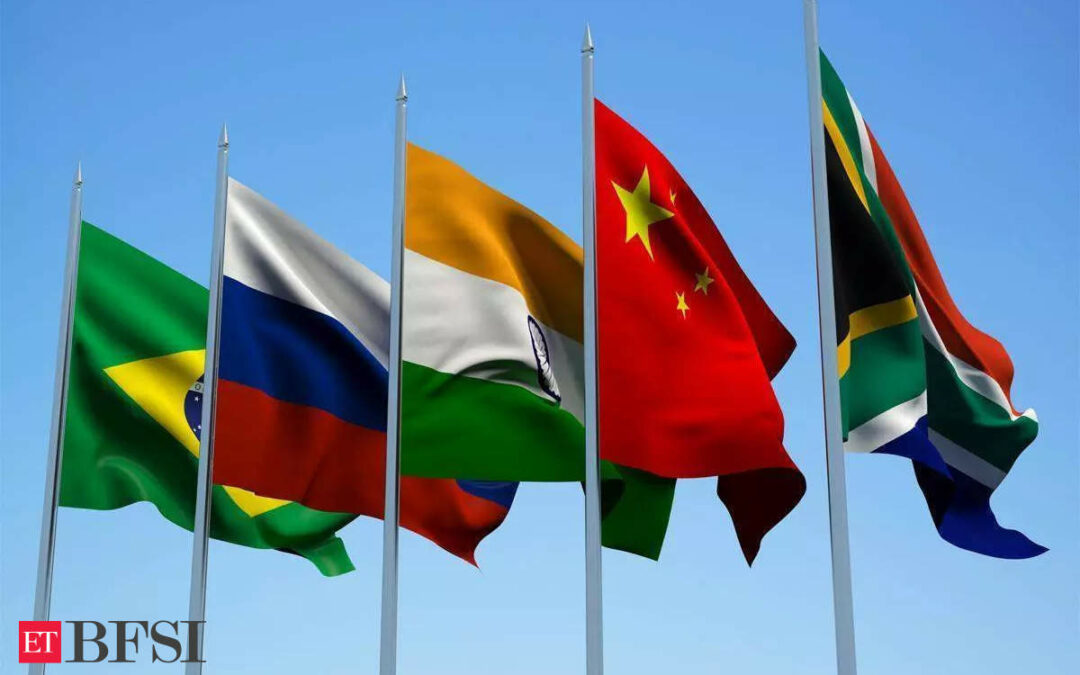The upcoming annual summit of the BRICS bloc, scheduled for October in Russia, will centre on discussions about introducing a new currency to challenge the dominance of the US dollar in global trade. Amid efforts by BRICS nations to de-dollarize their economies, reports indicate that the alliance is turning to blockchain technology to develop a brand-new payment system for this competing currency.
The highlight of last year’s BRICS Summit was the expansion of the bloc to include additional nations, bringing the total membership to eight. Now, BRICS aims to continue its push to encourage other countries to move away from the US dollar by promoting the use of local currencies in trade and advancing the development of a new currency system intended to rival the greenback.
Doubts about the stability and strength of the US dollar have been growing, driven by factors such as rising inflation and multiple interest rate hikes. These concerns, coupled with the mounting US debt, have prompted BRICS nations to consider launching a new currency that could further weaken the dollar’s position as the global reserve currency.
Topic of speculation
While discussions about creating a BRICS currency have been ongoing, the realisation of such a currency remains a topic of speculation. The alliance faces challenges due to its member countries’ diverse economic structures, varying levels of development, and differing policy priorities, which have hindered efforts to align economic, trade, financial, and banking policies.
Russia, which faces economic sanctions limiting its ability to trade in US dollars, previously announced plans to explore a BRICS currency, with support from Brazilian President Luiz Lula da Silva. Experts suggest that China, as the dominant economy within BRICS, would have significant influence over the proposed currency, with the yuan likely playing a central role.
The introduction of a BRICS currency could bring China closer to its goal of internationalising the yuan and challenging the US dollar’s dominance. However, determining the value of the currency poses a significant challenge, given the differing economic situations and exchange rate dynamics among BRICS members.
To operationalise a proposed BRICS currency, experts suggest the need for a centralised decision-making body resembling a central bank, likely led by China.
This arrangement could create complexities in managing exchange rates and harmonising financial regulations among BRICS nations, which may not have the geographic proximity or social infrastructure seen in the Eurozone.











